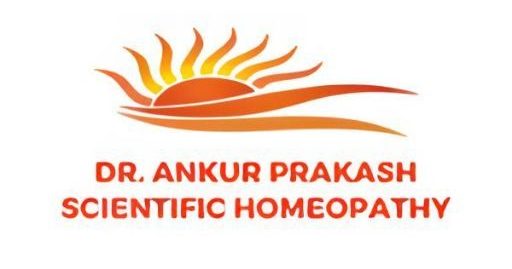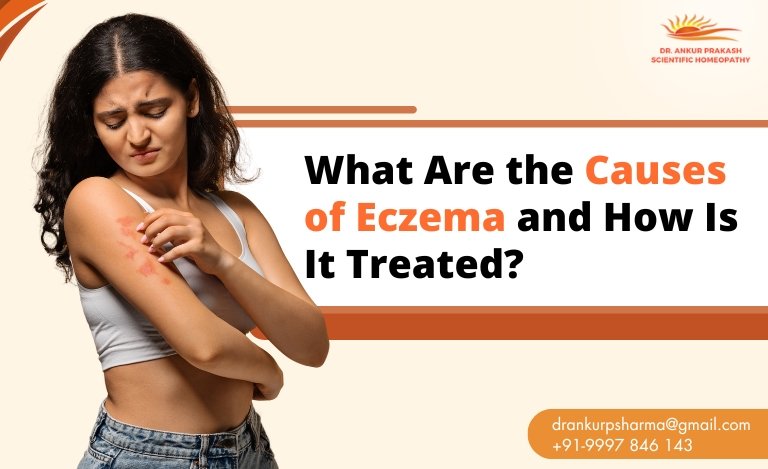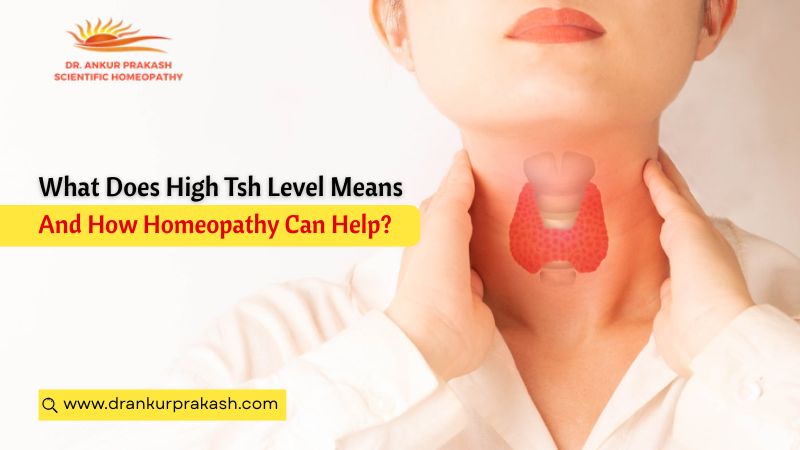Eczema, or atopic dermatitis, is a chronic skin condition marked by dry, itchy, and inflamed patches of skin. It often begins in childhood but can affect individuals of any age. The exact cause of eczema is unknown, but it is linked to a combination of genetic, environmental, and immune system factors. Common triggers include allergens, irritants, stress, weather changes, and a weakened skin barrier.
Homeopathy treatment for eczema focuses on relieving symptoms and preventing flare-ups. This includes moisturizing regularly, avoiding triggers, and using prescribed topical treatments such as corticosteroids or antihistamines. In alternative medicine, homeopathy is gaining popularity for its personalized approach, aiming to address the root cause and boost the body’s natural healing process.
What is Eczema?
Eczema, medically known as atopic dermatitis, is a chronic skin disorder characterized by inflammation, redness, dryness, and intense itching. It is part of a group of conditions known as atopic diseases, which include asthma and hay fever. Eczema can affect people of all ages but is particularly common in infants and young children. While some children outgrow the condition, for others it continues into adulthood.
Eczema often presents in cycles—periods of flare-ups followed by remission. In many cases, if left unmanaged, it can lead to skin thickening (lichenification), secondary infections due to scratching, and long-term skin damage. Though not contagious, eczema can significantly affect a person’s mental and emotional well-being due to its visible and persistent nature.

Symptoms of Eczema
Eczema symptoms can vary from person to person, depending on age, health status, and the severity of the condition. Common symptoms include:
- Persistent Itching: Often severe and worse at night, leading to sleep disturbances.
- Dry and Flaky Skin: The skin may appear scaly or rough to the touch.
- Red or Brownish Patches: These usually appear on the hands, feet, ankles, wrists, neck, upper chest, and bends of elbows and knees. In babies, the face and scalp are commonly affected.
- Thickened Skin: Chronic scratching leads to leathery skin texture.
- Crusting and Oozing: In more severe cases, fluid-filled blisters may develop and eventually crust over.
- Sensitive or Swollen Skin: The affected areas may become tender or inflamed due to constant irritation.
In children, eczema can cause fussiness and discomfort, while adults may face emotional stress and self-consciousness due to the skin’s appearance.

Causes of Eczema
Eczema is a multifactorial condition, meaning it can be triggered by various internal and external factors. Understanding these causes helps in both treatment and prevention:
1.Genetic Predisposition:
If one or both parents have a history of eczema, asthma, or allergic rhinitis, there is a higher likelihood of the child developing eczema. Genetic mutations affecting the skin barrier protein filaggrin can make the skin more susceptible to allergens and irritants.
2.Immune System Imbalance:
People with eczema have an overactive immune system that responds aggressively to harmless substances, leading to inflammation. This abnormal immune response is what causes flare-ups.
3.Environmental Irritants and Allergens:
Everyday substances can trigger eczema symptoms. These include:
- Soaps and detergents
- Synthetic clothing
- Air pollutants
- Tobacco smoke
- Pet dander and dust mites
- Pollen, mold, and mildew
- Temperature extremes (very hot or cold)
- Soaps and detergents
4.Food Allergies:
Especially in infants and children, eczema can be aggravated by food sensitivities. Common culprits include cow’s milk, eggs, peanuts, soy, wheat, and seafood.
5.Hormonal Fluctuations:
In women, eczema symptoms may worsen during menstruation, pregnancy, or menopause due to hormonal changes.
6.Stress:
Psychological stress is known to worsen eczema. Stress doesn’t cause eczema but can trigger or exacerbate flare-ups through hormonal changes and immune responses.
7.Microbial Factors:
Bacterial, viral, or fungal infections, especially Staphylococcus aureus, can aggravate eczema or lead to secondary infections.

Homeopathy Treatment for Eczema
Homeopathy is a gentle and holistic system of medicine that treats eczema by addressing the root cause rather than just controlling the symptoms. It takes into account the individual’s complete physical, emotional, and psychological makeup to find the most suitable remedy.
Some widely used homeopathic medicines for eczema include:
- Graphites: Effective for thick, dry skin with cracks and sticky discharge. Best suited for individuals with a tendency toward obesity and constipation.
- Sulphur: Ideal for dry, itchy, burning skin that worsens with heat. It also helps when eczema worsens after bathing.
- Rhus Toxicodendron: Prescribed when there is intense itching with red, swollen, blistered skin. Itching may be relieved temporarily by warm applications.
- Mezereum: Recommended for eczema with thick scabs and pus-like discharge, often with intense itching and burning.
- Natrum Muriaticum: Suitable for individuals whose eczema worsens after emotional stress or grief.
Why choose homeopathy?
- It offers long-term relief without side effects.
- Remedies are non-toxic and safe even for infants and pregnant women.
- It boosts immunity and prevents recurrence.
- It treats associated issues like allergies, asthma, or digestive problems that may trigger eczema.
Dr. Ankur Prakash specializes in individualized homeopathy treatment for eczema and has helped numerous patients achieve lasting relief by customizing remedies to their unique symptoms.

Prevention of Eczema
Although eczema cannot be completely cured, its flare-ups can be significantly reduced and controlled with proper prevention strategies:
- Moisturize Frequently:
Apply a thick, fragrance-free moisturizer or ointment at least twice daily. Ointments and creams are more effective than lotions. - Use Gentle Skin Care Products:
Avoid soaps, shampoos, and detergents with dyes or fragrances. Use mild, hypoallergenic, pH-balanced products. - Bathe Smartly:
Take short, lukewarm baths or showers using mild cleansers. Pat the skin dry gently and moisturize immediately to lock in moisture. - Identify and Avoid Triggers:
Keep a diary to note what causes flare-ups—foods, fabrics, weather changes, etc. Eliminate or minimize exposure where possible. - Wear Comfortable Clothing:
Choose soft, breathable fabrics like cotton. Avoid rough materials like wool or tight-fitting clothes that can irritate the skin. - Manage Stress:
Practice relaxation techniques such as meditation, yoga, or deep breathing exercises. A calm mind supports healthy skin. - Maintain a Balanced Diet:
Include foods rich in omega-3 fatty acids (flaxseeds, walnuts, fish), vitamin E, and antioxidants to support skin health. - Protect Against Infections:
Trim nails short to prevent damage from scratching and apply antiseptic creams as advised in case of skin injuries.

Conclusion
Eczema is more than just a skin condition—it is a complex health issue with deep roots in genetics, environment, immunity, and lifestyle. While modern medicine offers temporary relief through steroids and topical creams, homeopathy provides a safe, long-term approach by targeting the underlying causes. By adopting holistic care under the guidance of experts like Dr. Ankur Prakash, along with lifestyle and dietary changes, patients can live a comfortable and eczema-free life.
Whether you or your child is struggling with eczema, early intervention, natural healing, and preventive care are key to lasting relief. Consult Dr. Ankur Prakash today to explore a customized homeopathic solution for your skin health.








